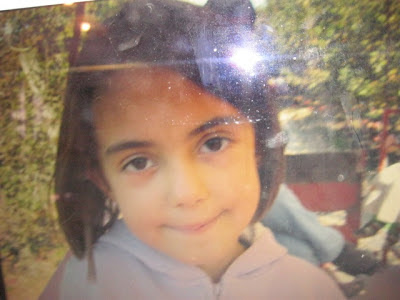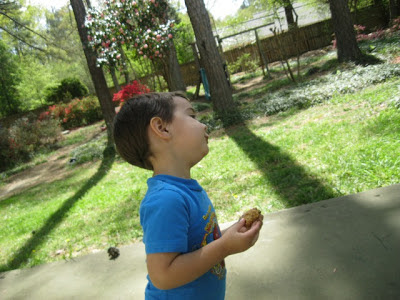Politics and Religion
Germany 1932 Politics in Germany mid 1932 were starting to get out of hand. In June Bruning resigned and Franz von Papen became Reich chancellor. “Many Germans expected the new Christian conservative government to restore stability.” At 26, Bonhoeffer preached “against Papan government’s misuse of God’s name: We read that a government has proclaimed that a whole nation is to be saved from collapse--by the Christian worldview. So we, individually and as a nation, are escaping from an inconceivable final catastrophe. 'In the name of God, amen,' is again to be the slogan, religion is again to be cultivated, and the Christian view of life is to be spread. How very meager, weak and pitiful it all sounds: do we believe that we will truly let ourselves be taken in by this 'In the name of God, amen'? That all our actions shall be governed by it? That we, rich and poor, Germans and French, will allow ourselves to be united by the name of God? Or is there not concealed behi



